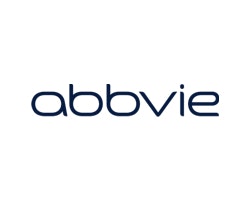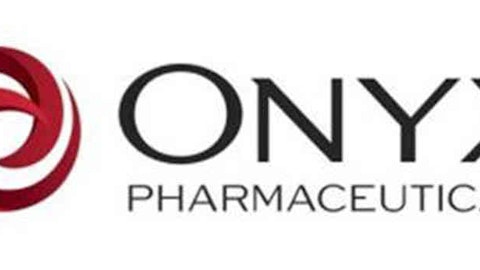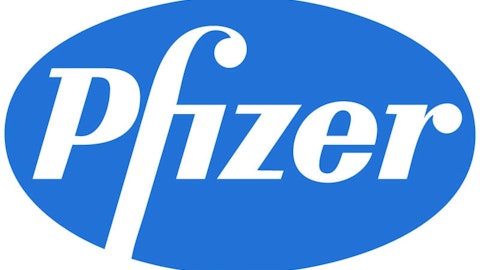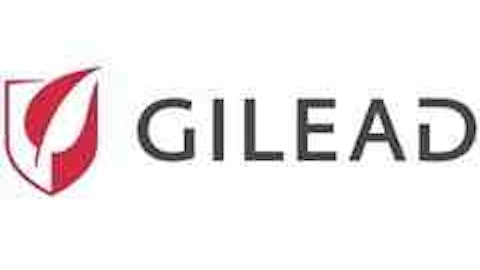When the FTC and the U.S. Supreme Court start breathing down your neck it’s not a pleasant thing, and could become very expensive for certain companies. Yet, not many people are talking about the trouble that generic and brand-name drug makers are finding themselves in.
Uncovering a costly practice
Last year, the FTC uncovered a number of agreements between large pharma and generic drug companies, which it called “pay-for-delay.” This practice involved large pharmaceutical companies with blockbuster drugs paying generic drug companies to extend the launch of those drugs. The FTC estimates that this practice is costing consumers more than $3.5 billion annually, due to paying higher drug prices.
As a result, the FTC has presented its case to the Supreme Court that these types of agreements are unlawful. However, on Monday, the Supreme Court ruled that these agreements do not violate anti-trust laws, but that the FTC could present illegal cases on an individual basis. In theory, this makes the FTC’s job more difficult as it must prove that certain agreements cost both the government and consumers money.
How does this affect you?
The findings on Monday might be an overall win for large pharma, but it could be a massive loss for individual companies – those that are violating the law to the largest degree. Such is the case with FTC v. Actavis Inc (NYSE:ACT), a frequently referenced case that began back on Oct. 3, 2012.
Reportedly, Actavis Inc (NYSE:ACT) agreed to a deal with AbbVie Inc (NYSE:ABBV) for its drug Androgel. This drug produced more than $1.2 billion last year, costing patients over $230 for a three month supply. Actavis Inc (NYSE:ACT) wasn’t expected to begin selling it for another two years, but last year AbbVie agreed to pay the generic company $19-$30 million per year to prolong the launch (five years).
Remember, Actavis would not sell the product right now, but would sell it for a discounted price when able. Actavis’ margins would not be as high either, as generic drugs share more of the profits with pharmacies, which is evident when looking at margin expansion for pharmacies over the last year.
Therefore, $19-$30 million per year might be what Actavis Inc (NYSE:ACT) would profit from Androgel per year. You might ask, “How does this affect me?” The answer is quite simple: first, we don’t know how many such deals exist. There could be 10 such deals where a large pharma company is paying Actavis and other generic drug companies a set amount to prolong a launch. As a result, this incorrectly reflects on the company’s margins (and profits) – if Actavis is receiving $20-$100 million per year and is not having to manufacture, market, or reimburse revenue than it is free money in the bank.
During the last 12 months, Actavis Inc (NYSE:ACT) reported revenue of $6.29 billion and had operating income of $814 million. However, is this correct? If $20-$100 million is simply “given” to the company, then does this distort the “real” fundamentals of the company? My answer is, of course it does; we just don’t by how much. Once we do know, this could profoundly affect the value of such companies.





